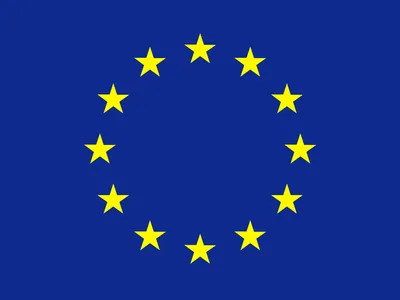Abuja, Nigeria – The European Union (EU) has announced a humanitarian aid allocation of €500,000 (over N900 million) to address the escalating crisis of malnutrition in northeastern Nigeria. The funding is earmarked for emergency assistance to children and mothers severely affected by acute malnutrition.
This vital aid will enable the Nigeria Red Cross Society to support approximately 170,000 households across nine northern states, including Adamawa, Benue, Borno, Katsina, Niger, Sokoto, Taraba, Yobe, and Zamfara, that are either affected by or at high risk of malnutrition.
A key focus of the intervention will be providing lifesaving treatment for over 30,000 children in urgent need. The programme will integrate community outreach and screening with outpatient care for uncomplicated severe cases, utilising ready-to-use therapeutic food. More complex cases will be referred to health centres for specialised care, in line with national health protocols.
The Red Cross will also expand its broader health and nutrition interventions, aiming to improve the medium-term resilience of affected families and intensify efforts in providing clean water, sanitation, and hygiene facilities, as well as protection services.
This funding is part of the EU’s overall contribution to the Disaster Response Emergency Fund (DREF) of the International Federation of Red Cross and Red Crescent Societies (IFRC).
The humanitarian situation in Nigeria’s Northeast (Adamawa, Borno, and Yobe States) and Northwest (Katsina, Sokoto, and Zamfara States) is dire, with an estimated 5.44 million children under five acutely malnourished. Of these, 2 million are projected to suffer from severe acute malnutrition requiring urgent treatment, particularly during the peak of the lean season from June to September 2025.
The nutrition crisis is worsening due to ongoing conflict and increasing insecurity, which has led to prolonged displacement, a severe loss of livelihoods, and significantly reduced access to essential healthcare services for vulnerable families. Economic pressures and climate-related shocks, such as flooding, alongside suboptimal maternal and child feeding practices, are further compounding the situation.
The European Union and its Member States are the world’s leading donors of humanitarian aid, committed to saving lives, alleviating suffering, and safeguarding human dignity in crises worldwide. Through its Civil Protection and Humanitarian Aid department (DG ECHO), the EU assists millions of victims of conflicts and disasters annually, basing its aid on humanitarian needs.





Add Comment